China’s reputation on thin ice
Outwardly, Xi Jinping projects self-confidence but Beijing is walking a tightrope to its Winter Olympics and many of his officials and China’s 1.4 billion people are jumpy.
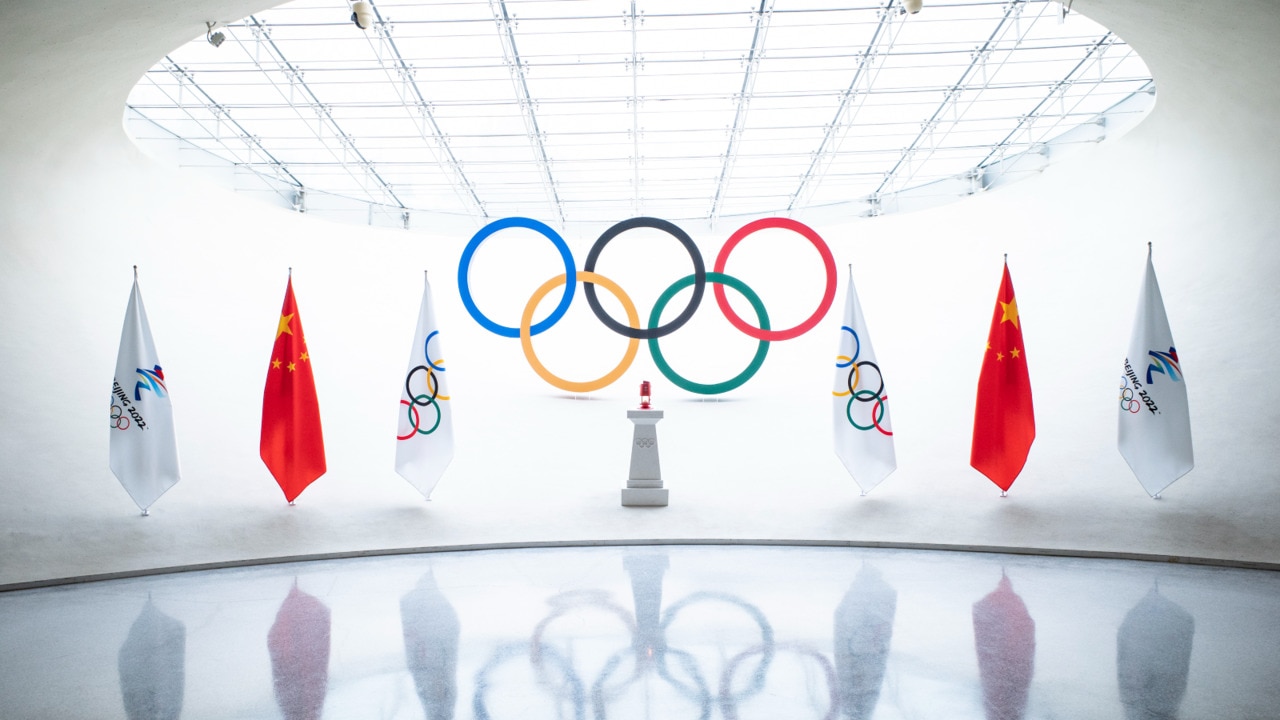
This is not where Beijing wanted to be three weeks out from the 2022 Winter Olympics.
The infectious Omicron coronavirus variant is spreading in Tianjin, a city of 14 million people 30 minutes on the fast train from China’s capital.
Another 13 million people in Xi’an – home of the Terracotta Warriors – are approaching their fourth week in the country’s harshest lockdown since the catastrophe in Wuhan.
All the while, the first wave of thousands of athletes, support staff and international media are squeezing into a quarantine bubble designed to seal them, and their potential infectiousness, from Beijing’s 21 million residents.
Outwardly, China’s leader, Xi Jinping, projects self-confidence.
“The world is turning its eyes to China, and China is ready,” Xi declared in his New Year’s address.
But many of his officials are jumpy. So are many of China’s 1.4 billion people. This week, Beijing’s on-edge traffic police warned residents to avoid cars transporting Olympic attendees – even if they get in a car accident with one.
Waves of panic spread weeks earlier after the release of an updated government manual on China’s Covid containment strategy for the Games.
“Foreigners are foreigners, not ordinary people. Can we manage if they are not obedient?” one Chinese netizen commented.
“Waiting for the US, Canada and Australia to not wear masks,” said another.
“What’s the point of hosting this Winter Olympics?” asked a third.
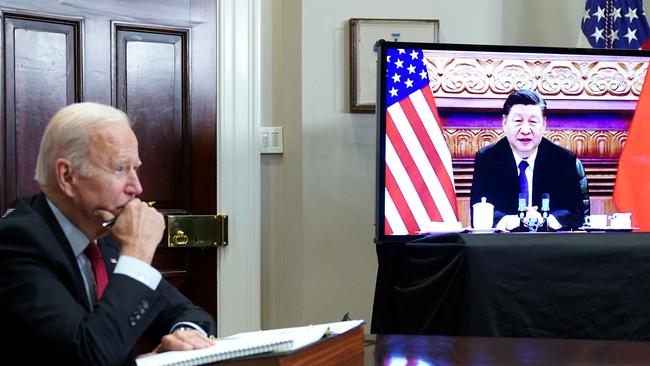
Even putting Covid aside, many think it a reasonable question in a country in which just over 1 per cent of the population skis.
Not that everyone is glum. Many in that elite skiing group of 14 million or so – most from China’s wealthiest cities – speak with pride about their country’s economic development, which has allowed them to participate in a sport famous for its cost.
Up in the Chongli Mountains, an hour northwest of Beijing, some skiers had Chinese flags embossed on their winter jackets as they enjoyed a blue-sky day before the slopes were closed for the visiting Olympians.
Many wore designer labels, including a $3500 jacket by American label North Face in collaboration with luxury giant Gucci.
For all Beijing’s grumbling about America and its allies, fashion is fashion.
This group has benefited tremendously from China’s economic growth.
Chen Qi, who was skiing at Chongli’s Ten Thousand Dragons resort, said when Beijing hosted the Summer Games she didn’t know there was such a thing as the winter version.
“Now it is a hot sport,” she told Inquirer.
China’s capital, her home in-between skiing residences at Chongli, has also become “much more beautiful” since those Olympics 14 years ago, she said.
Some recent data agrees with her. Last week, Chinese officials announced that Beijing had met its annual air pollution targets for the first time in 2021, although air quality remains much worse than in more developed countries.
It is a source of pride shared by many in the capital and of envy in more polluted parts of the country.
“The improvements are real … and happening across the industrial belt surrounding Beijing, as well as in much of the rest of the country,” Lauri Myllyvirta, lead analyst at the Centre for Research on Energy and Clean Air, told Reuters.
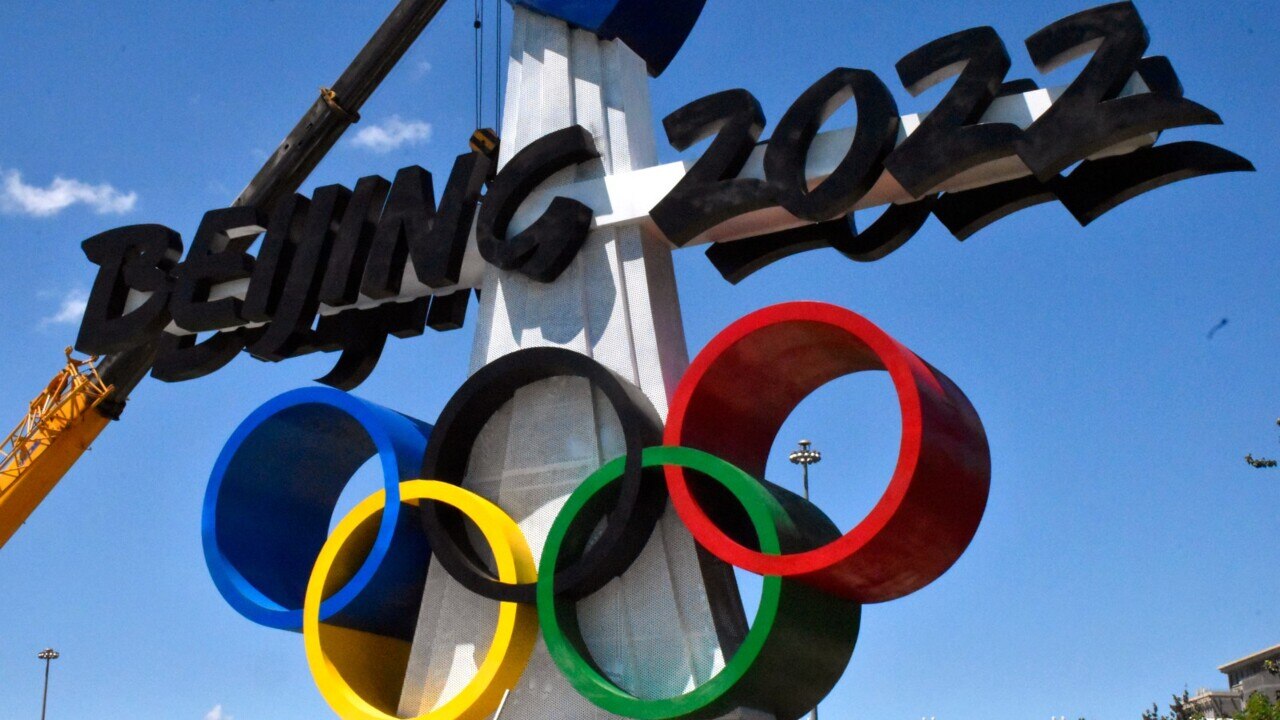
Unlike in 2008, many international observers are now more focused on the sharp edges of China’s rise than the country’s spectacular economic development. The brutal treatment of the Uighurs in Xinjiang, the snuffing of civic life in Hong Kong and the Xi era’s unyielding “wolf warrior” diplomacy have made China unpopular in much of the world.
Xi – a self-described sports fan who, according to state media, was “personally involved” in winning the 2022 Olympics – views the Games as just the thing to move the international conversation to more favourable terrain.
“Staging major international sporting events such as the Winter Olympics will be an opportunity to enhance the influence of Chinese culture, the reach of news reporting and the nation’s soft power,” he said last week on a tour of Beijing’s Olympic facilities.
The 2008 Summer Games were a soft power triumph for the Chinese government, as it positioned itself as strong, confident and open to the world. They were also a handy notch on the resume of Xi, then a rising Communist Party apparatchik put in charge of those games by his predecessor, Hu Jintao.
Back then, the International Olympic Committee said giving China the Games would encourage it to further open up to the world.
“We all know none of that happened,” said Heather Dichter, an expert on the politics of the Olympics.
The IOC has not repeated those optimistic claims this time. Instead, it speaks of China’s competence at managing big events and says that what is going on in Xinjiang is not the business of sports administrators.
Badwill about China has created a dilemma for the Games’ major sponsors, which include Airbnb, Coca-Cola and Visa.
Dichter, an associate professor at Leicester’s De Montfort University, said some sponsors are considering not using the Games branding on products sold outside the Chinese market – a remarkable decision after paying more than $100m for the rights.
“China being the host is really concerning some of them,” she says.
Domestic businesses have other problems.
The official Olympic souvenir shop in Wangfujing, a shopping street an easy stroll from Xi’s leadership compound in Beijing, is almost empty. One of the shopkeepers said this far out from the Beijing 2008 Summer Games, the marquee shop was packed with customers. That was back when China was swept up in “Olympics fever”.
Not this time.
“There are no domestic travellers, no foreigners,” he lamented.
Even the excitement of China’s snowsport enthusiasts is tempered.
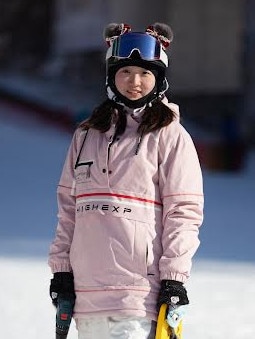
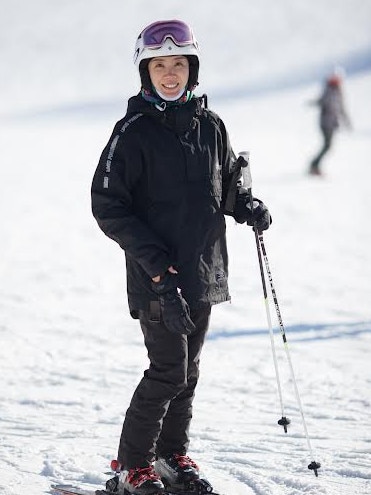
Dai Weijia – a 17-year-old Beijinger who wants to become a ski instructor, an unimaginable job to most in China only a decade ago – had hoped to watch the Games in person.
“Unfortunately, I think we can only watch the Beijing Winter Olympics on television because of the pandemic control,” she told Inquirer on the Chongyi slopes.
China’s Olympic problems go far beyond Covid.
The US, Australia, Canada, Britain, Belgium, Lithuania and Kosovo have all announced diplomatic boycotts of the upcoming games. Japan and New Zealand, among others, have said they will not be sending senior representatives. Russia’s President, Vladimir Putin, host of the infamous 2014 Sochi Olympics, is one of Xi’s few confirmed political guests.
Beijing’s propaganda machine and Foreign Ministry have bristled at every announced absentee.
“The politicisation of the Olympics by certain countries completely violates and discredits the Olympic spirit,” China’s Foreign Minister, Wang Yi, said recently.
Some of those on China’s mostly machine-created snow-covered slopes are even blunter.
“I think the boycott is stupid,” says first-time skier Mai Minheng, wearing a green dinosaur hat.
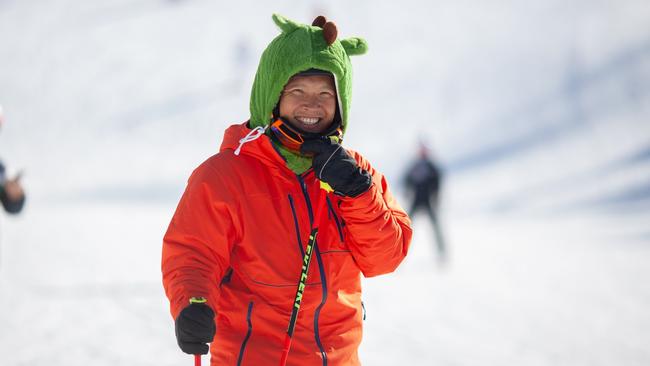
Mai, a sailing coach who travelled from China’s southern province of Guangdong, is at Ten Thousand Dragons to learn a new sport.
“History proves that mankind’s liking of sport does not change for political reasons,” he says.
For many of China’s wealthy snowsport aficionados, Xinjiang is a domestic skiing destination – not the site of one of the greatest crimes against humanity in the 21st century.
Bai Yi, an experienced amateur free jump skier, has not skied in Xinjiang herself.
“Some of my friends went to Xinjiang, though I haven’t tried that,” she told Inquirer.
She prefers slopes overseas – in Switzerland, North America, Japan, New Zealand and, in 2016, Argentina.
“I met an Australian ski friend in the cable car. He was surprised that I came from China,” she says.
The Games will make history as Beijing becomes the first city to host both the Summer and Winter Olympics. These days, China does not need to host international sporting events to get noticed. Good or bad, Xi’s China is making headlines every day.
So much has changed in the past 14 years, acknowledged Zhang Yimou, the director of the internationally lauded opening ceremony at the 2008 Games.
In three weeks, Zhang – one of China’s most venerated film directors – will reprise the role, directing the opening and closing ceremonies at Beijing’s Olympic sequel.
“In 2008, the Olympics were a brilliant stage and chance for our country to show ourselves,” Zhang recently told China’s official news agency, Xinhua.
“It’s different now. China’s status in the world, the image of the Chinese and the rise of our national status – everything is totally different now.”


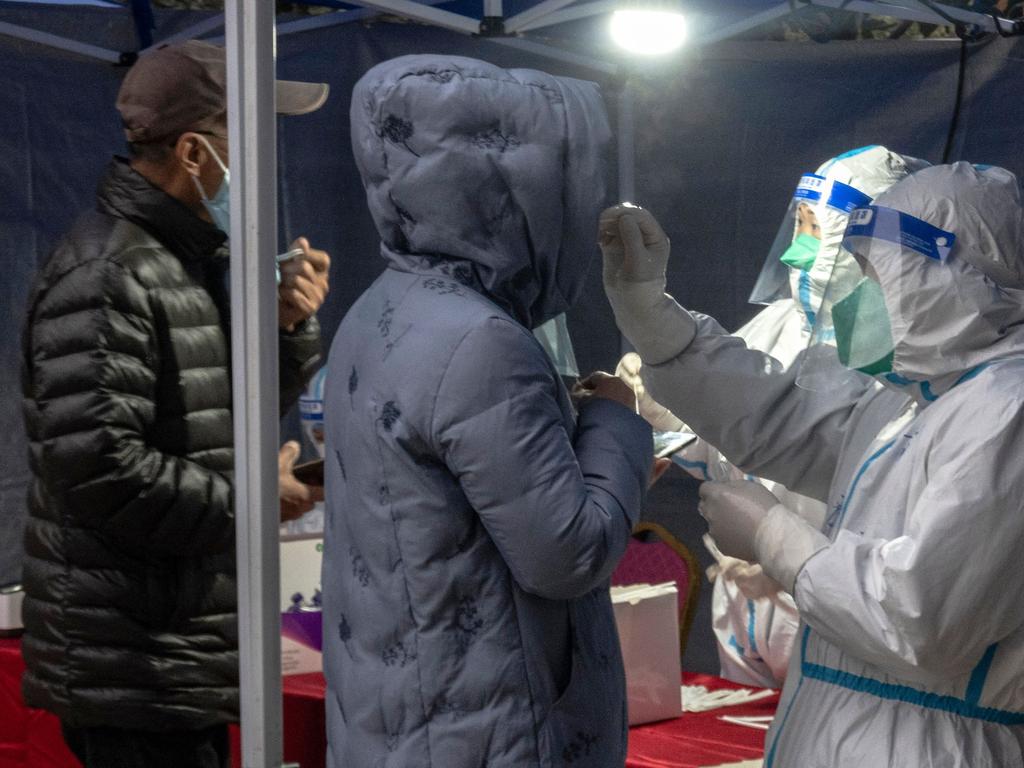

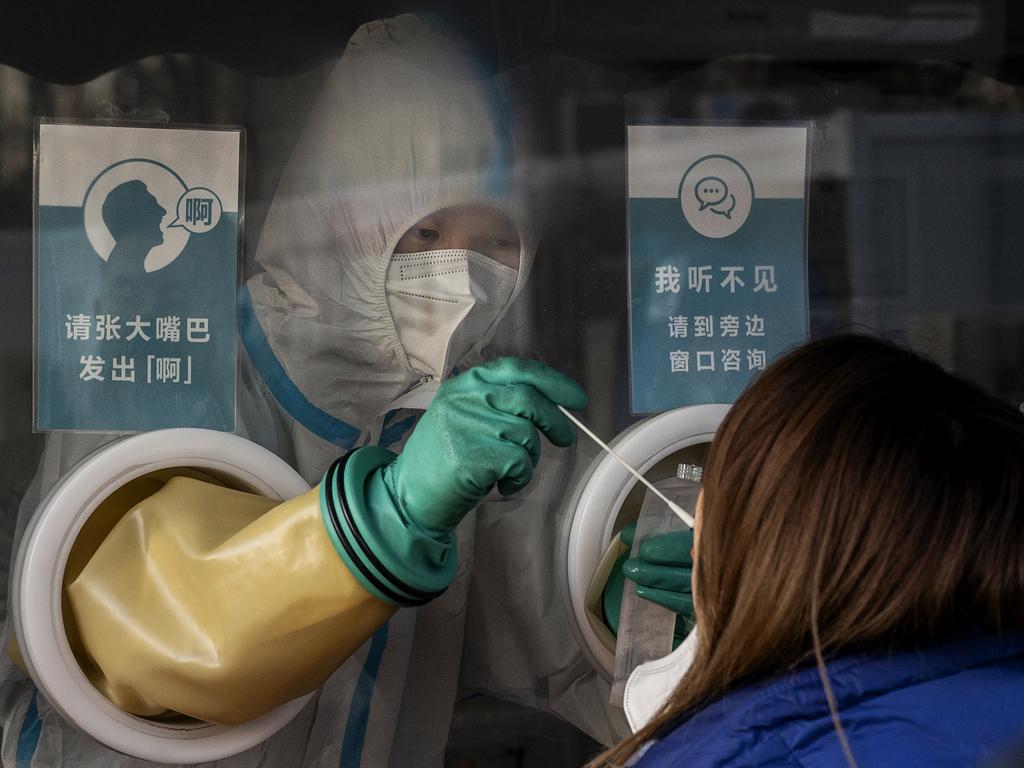


To join the conversation, please log in. Don't have an account? Register
Join the conversation, you are commenting as Logout